
Food Diversity and Innovation Program
The U.S. food market is as diverse as our population, and truly reflects the fact that we are a melting pot of the world in food culture, preference, and lifestyle. We are shifting from the mechanical food science constructs to awareness and adaption to changing market trends. This requires understanding, critical thinking, innovation, and courage to adapt to evolving consumer preferences for clean simple labels and product attributes like halal, kosher, organic, non-GMO, gluten free, vegan, lactose free, dairy free, cage free and animal welfare.
A flourishing market for diverse food requires food processors to obtain specific certifications, to assure consumers that the manufactured foods have adequate documentation of authenticity and quality of its supply chain.
For questions about the program please reach out to our Program Manager, Asha Girimaji, [email protected].
“Meeting the needs of the US and global food market for a more diverse and safer tomorrow through education, research and outreach in ethnic and religious foods.”
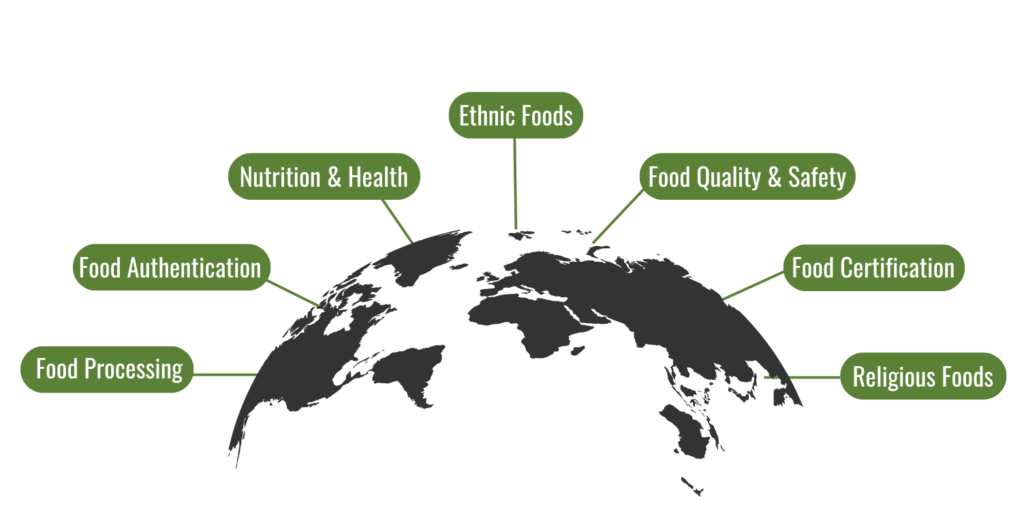
Food Diversity Innovation Program Initiatives
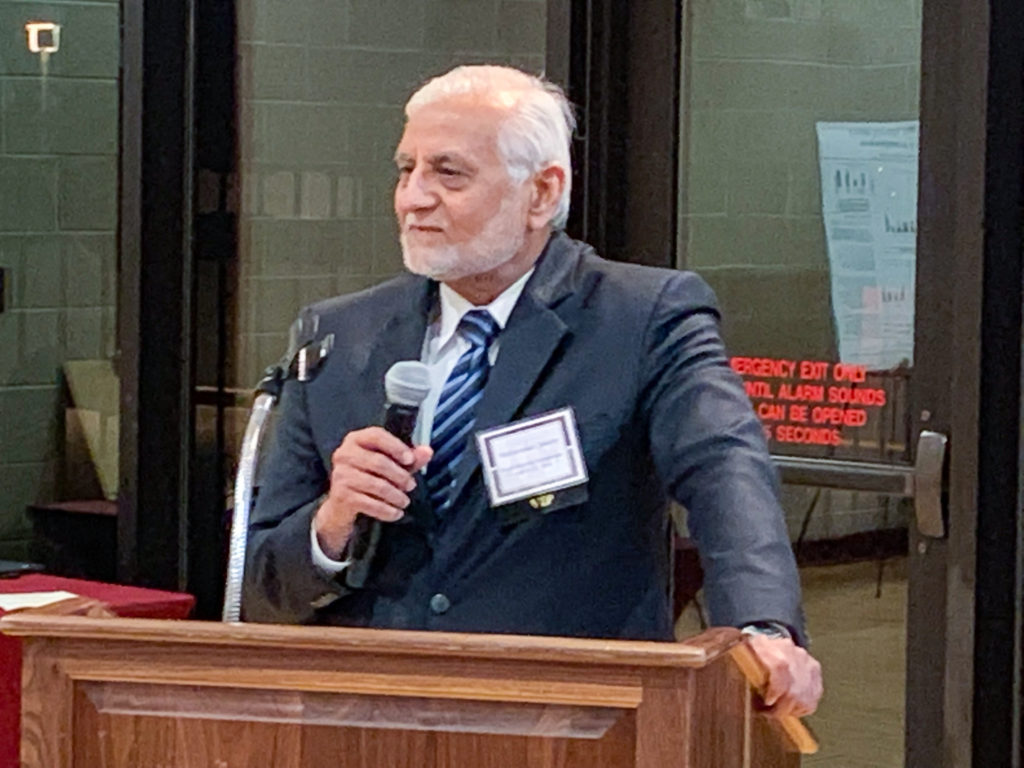
IFANCA Endowment
The Food Diversity Innovation Program (FDIP) was established in 2016 as a sustainable high-impact educational and research program in the specialized areas of religious and ethnic foods and other certified foods to educate graduate and undergraduate students through direct interactions with food industries and hands-on research and product development experiences.
IFANCA Professorship
The Dean’s office has appointed Dr. Riaz as the distinguished holder of the (IFANCA) Professorship in Food Diversity within the Department of Food Science and Technology. Dr. Riaz’s appointment spans a commendable five-year term, commencing on December 1, 2022, and concluding on November 30, 2027. This prestigious appointment reflects Dr. Riaz’s exceptional contributions and expertise in the field, and we look forward to the valuable insights and leadership they will bring to our department in the coming years.
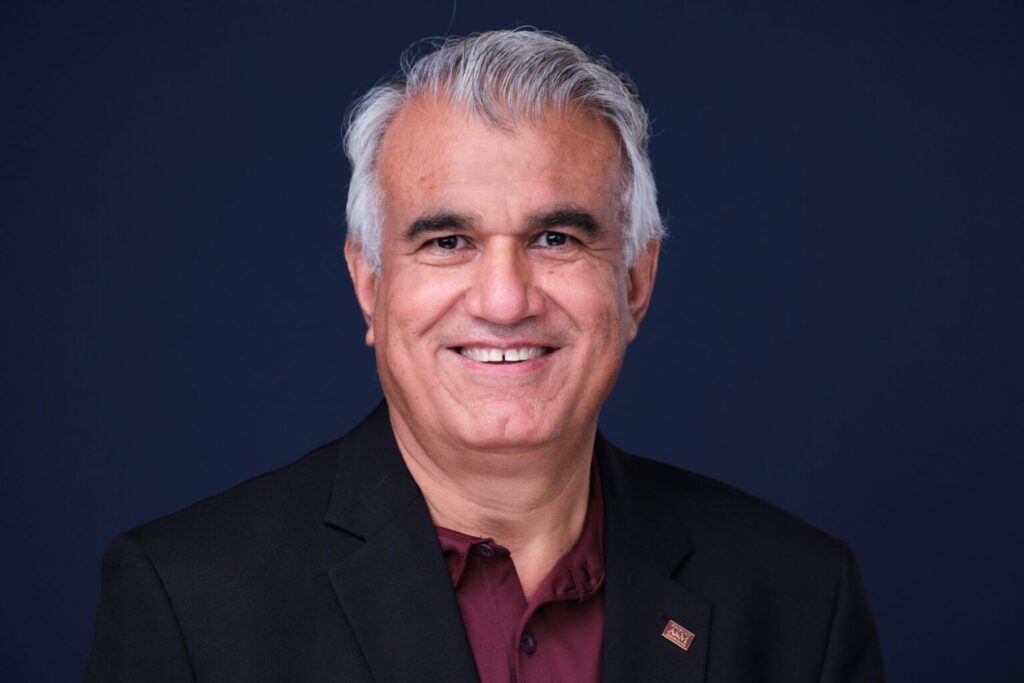
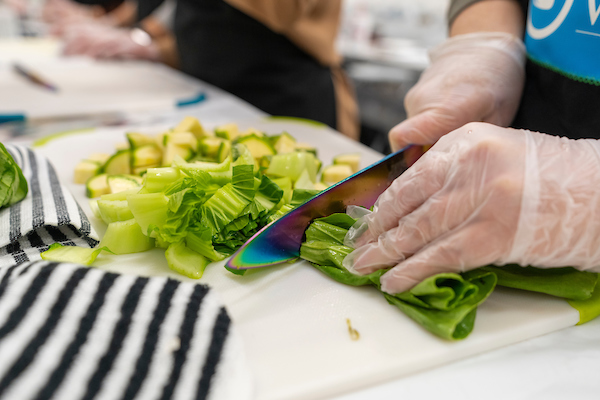
Food Diversity Certificate
The Food Diversity Certificate offered by the Department of Food Science and Technology, includes 15 hours of concentrated study in the areas of religious and ethnic foods as related to food processing, quality control, record keeping, and global certifications for foods and food ingredients. The curriculum will provide a strong knowledge base to students who desire to work in the food ingredient or food manufacturing field with an emphasis on the diverse array of certifications that may be required such as Halal, Kosher, organic, Non-GMO, or gluten-free or quality certifications such as Safe Quality Foods and Global Food Safety Initiative. Therefore, students who complete a Food Diversity Certificate will be uniquely trained to handle current and future challenges that the diverse food supply brings and qualify them for a specialized job market.
IFANCA Scholarships and Fellowships
IFANCA Fellowships and Scholarships recognize outstanding students with an expressed interest in advancing food diversity and sustainability in our multicultural world. IFANCA Awards support graduate and undergraduate research and high-impact learning.
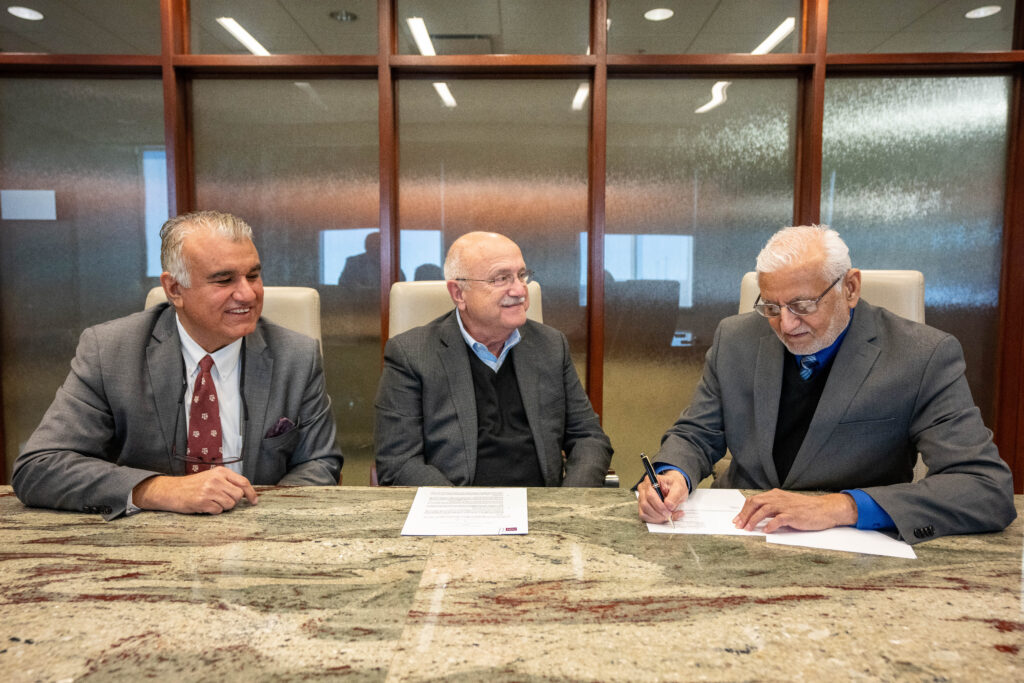
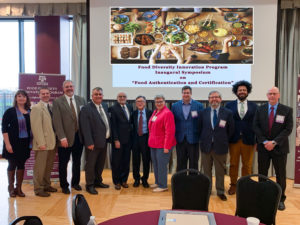
IFANCA-FDIP Symposiums
The Food Diversity Innovation Program organizes a biennial symposium addressing current topics in the food industry. Leaders in the food industry, both national and international, participate in the symposium. The event also offers students a valuable chance to showcase their work and engage with members of the food industry.
Food Diversity and Innovation Program News
-
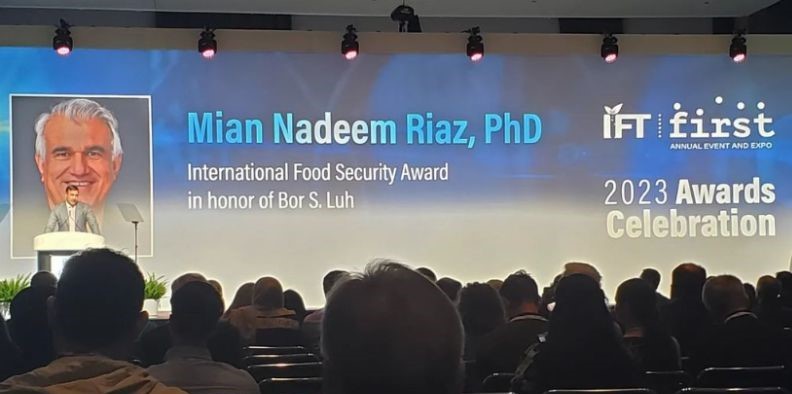
IFT Achievement Award Winner – Dr. Mian Riaz
Mian Nadeem Riaz, PhD, Associate Dept. Head and holder of the Professorship in Food Diversity receives the 2023 IFT Achievement Award for International Food Security in honor of Bor S. Luh.
-

Fall 2023 IFANCA Graduate Fellowship Winners
Two IFANCA Graduate Fellowships, each valued at $22,000, were announced for fall of 2023. The fellowship aims to support new PhD students admitted to the Food Science & Technology program.
-
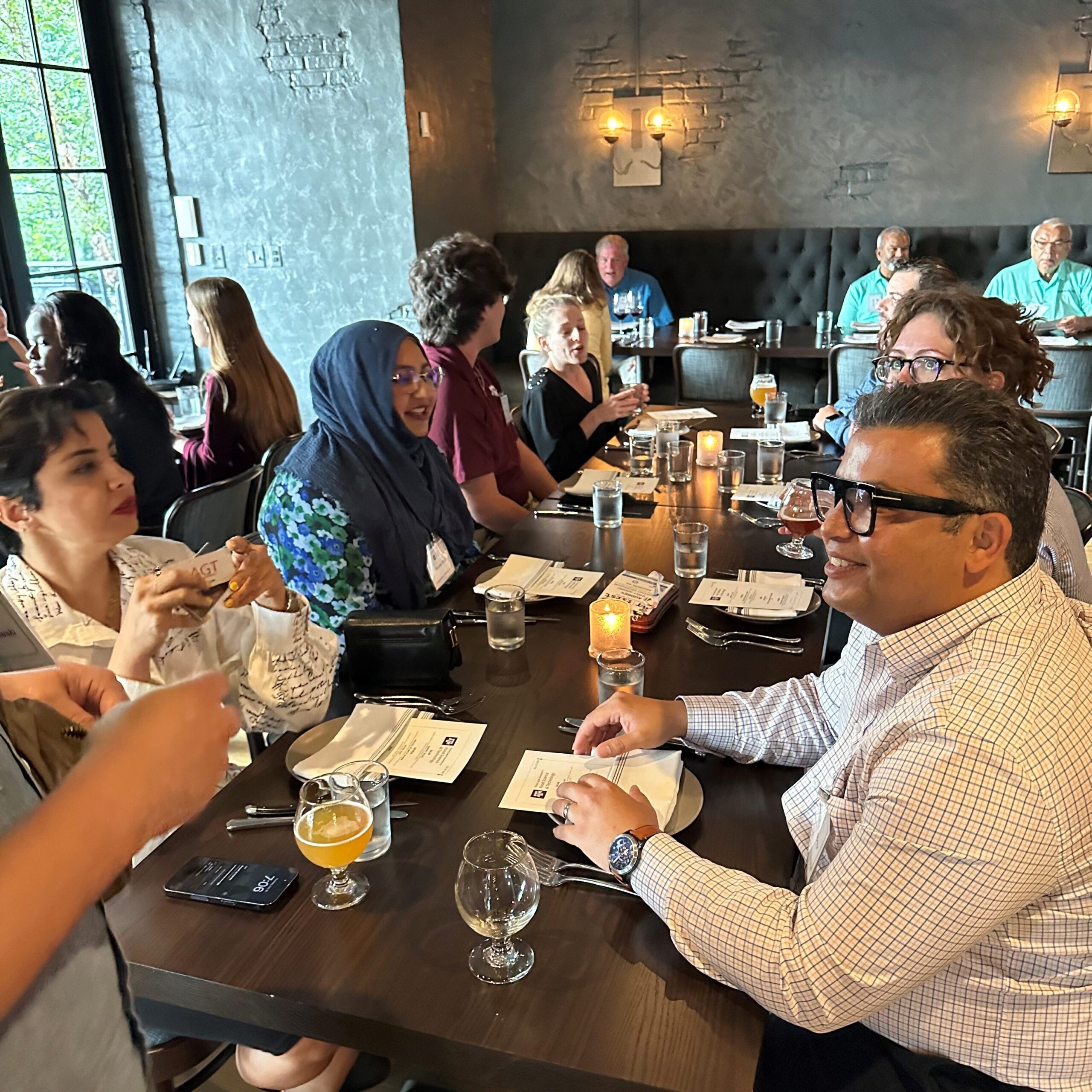
FSTC’s Annual Alumni Dinner 2023
The Department of Food Science and Technology hosted its annual dinner on Tuesday, July 18th at The Dawson in Chicago during the IFT First event. The event was sponsored by National Center for Electron Beam Research…
-
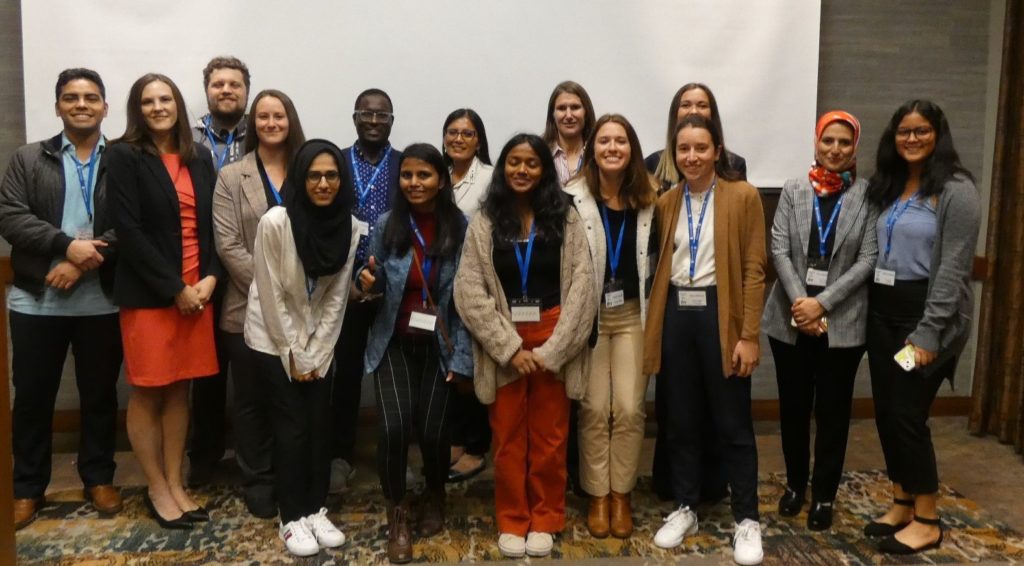
IFANCA-FDIP symposium Nov.17, 2022
The IFANCA-Food Diversity Innovation Program Symposium on “Current Trends in Food Industry- Challenges and Strategies” was held in Frisco, Texas on Nov.17th, 2022, in conjunction with the Longhorn IFT Suppliers Night.
-
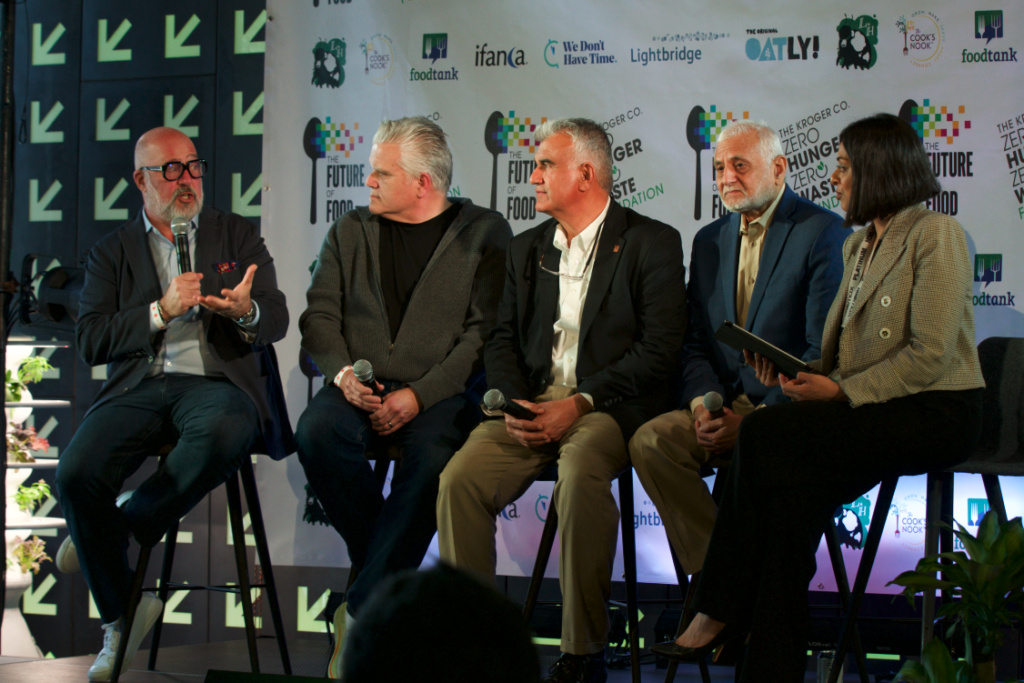
Future of Food @ SXSW 2022
The SXSW event in March 2022 brought together “a diverse group of experts, leaders, and visionaries challenging us to think about how our food and agricultural systems will need to adapt to new pressures, and what technologies and…
-
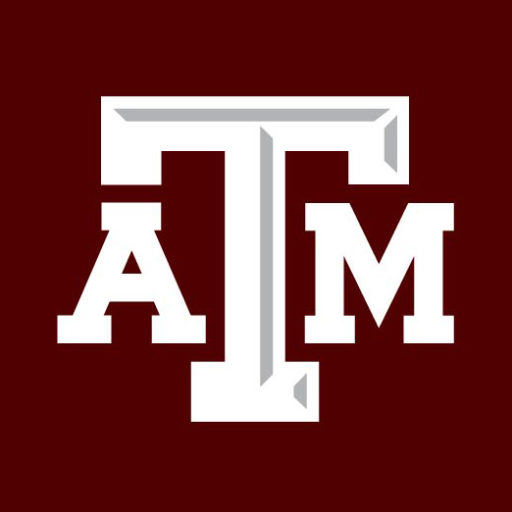
IFANCA Freshman Scholarships
The IFANCA Freshman scholarships, each valued at $4,000 were awarded to two new freshmen, Emmalee Rogers and Mallory Morelli admitted to the Food Science Department in Fall of 2022.
-
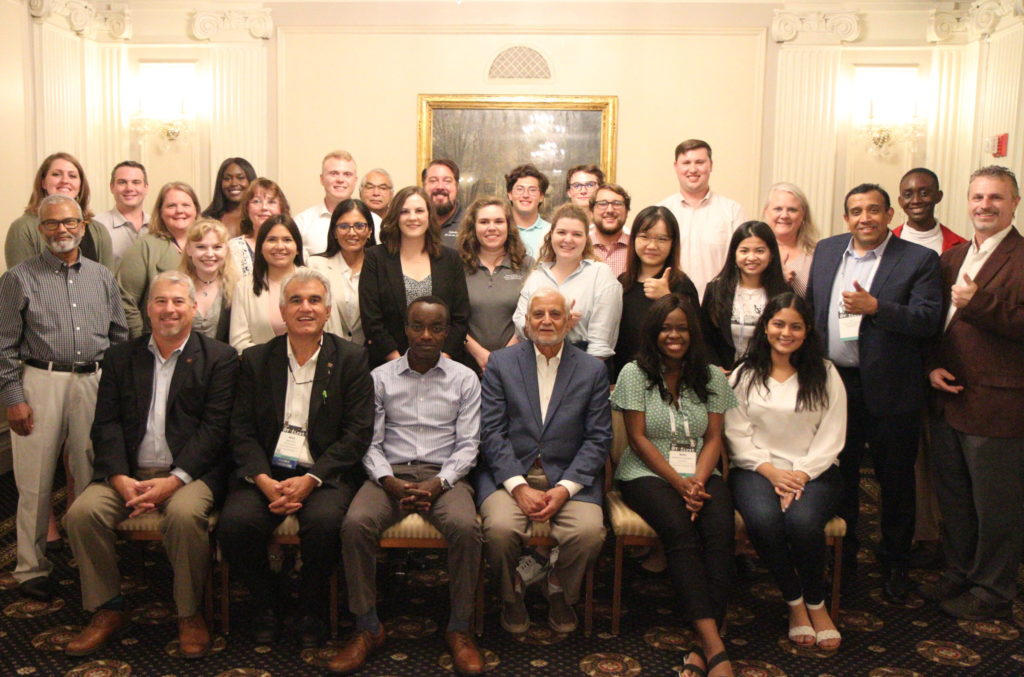
FSTC’s First Annual Alumni Dinner
The Department of Food Science and Technology at Texas A&M University hosted its first Annual Alumni Dinner on July 12, 2022, at the Union League Club of Chicago during the IFT First event. The event was co-sponsored by IFANCA.
-

FDIP Inaugural Symposium 2019
The inaugural Food Diversity Innovation Program symposium on Food Authentication and Certification was held on February 21 & 22, 2019 at Texas A&M University in conjunction with IFT Aggie Day, Joint Longhorn & Alamo Section…